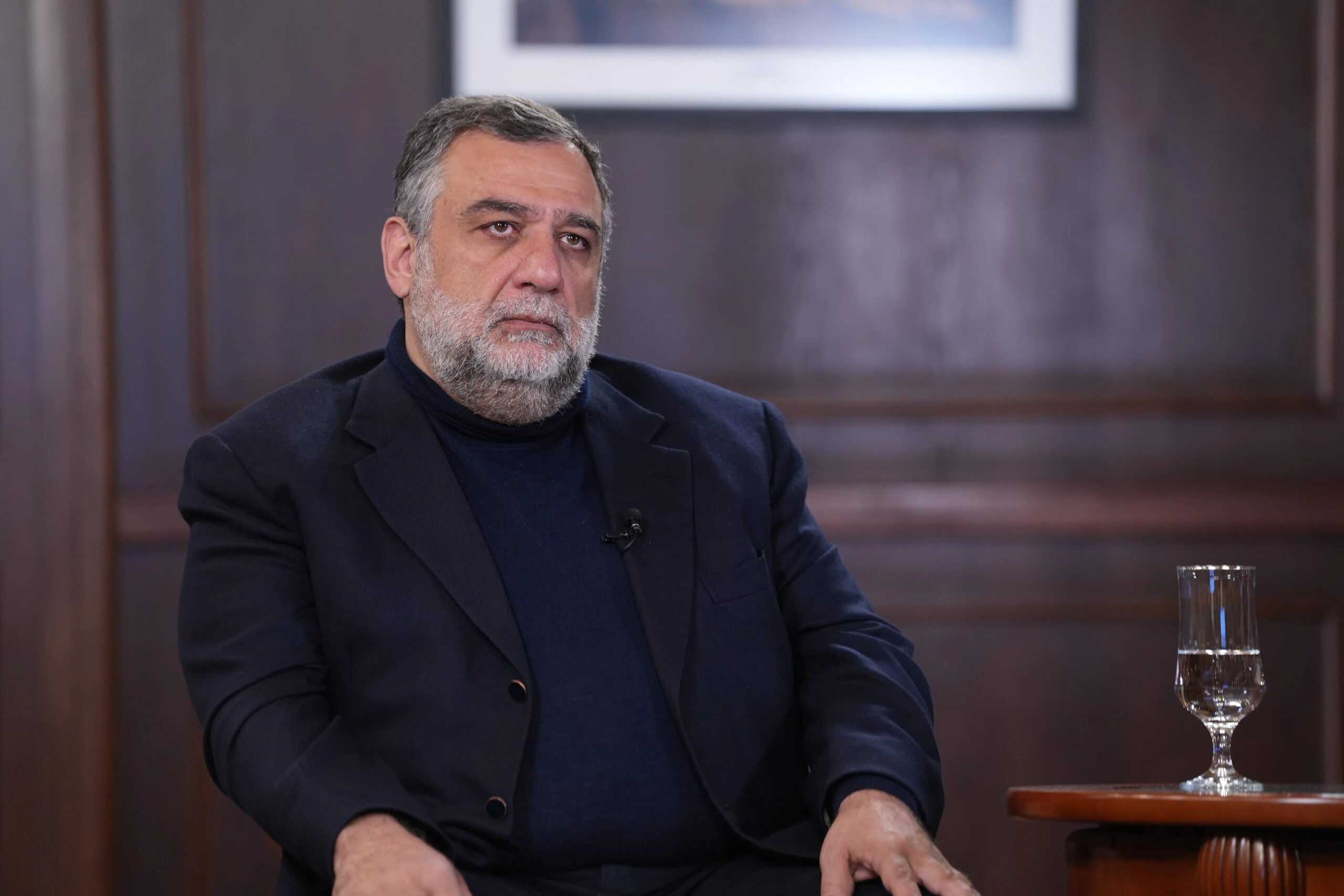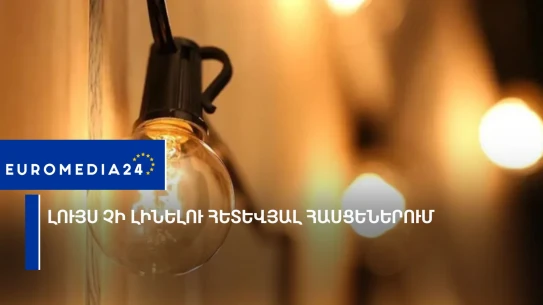This is a fight for universal human rights. Lawyer of Ruben Vardanyan



There will be no light at the following addresses
The situation on RA roads
The RA government is working on air transport to Armenia
Preparations for murder have been discovered, there is an arrestee. RA Ministry of Internal Affairs
Light snow is falling in Sevan, Vardenis, Goris, Hrazdan regions
The action of the "No to West Azerbaijan" movement dedicated to the memory of the victims was held in Tsitsernakaberd (video)
I love you forever and ever. Stella Sarukhanyan to Anna Hakobyan
Electricity supply to some addresses in Yerevan and marzes will be stopped
Committing a crime in the US can lead to visa revocation. embassy
Singer Gagik Harutyunyan passed away. He is the brother of the famous Gor Harutyunyan from "Banakum".
The illegal driver of "KIA" was found (video)
On February 26 and 27, there will be no light in hundreds of addresses
The famous choreographer Petros Afaryan died
Atmospheric air quality in Yerevan on February 17-23
Seven Visions Resort & Places, The Dvin enhances guest experience with live AI Concierge
People's artist of the ASSR Olga Gabayan died
Trump, Iran and Ukraine. triangle of new tensions. The director of the kindergarten was released (video)
On February 25, 26 and 27, there will be no light in hundreds of addresses
Three deputy police chiefs were dismissed by Pashinyan's order. "authority"
The director of the kindergarten was arrested. Did they engage in prostitution in the massage parlor? (video)